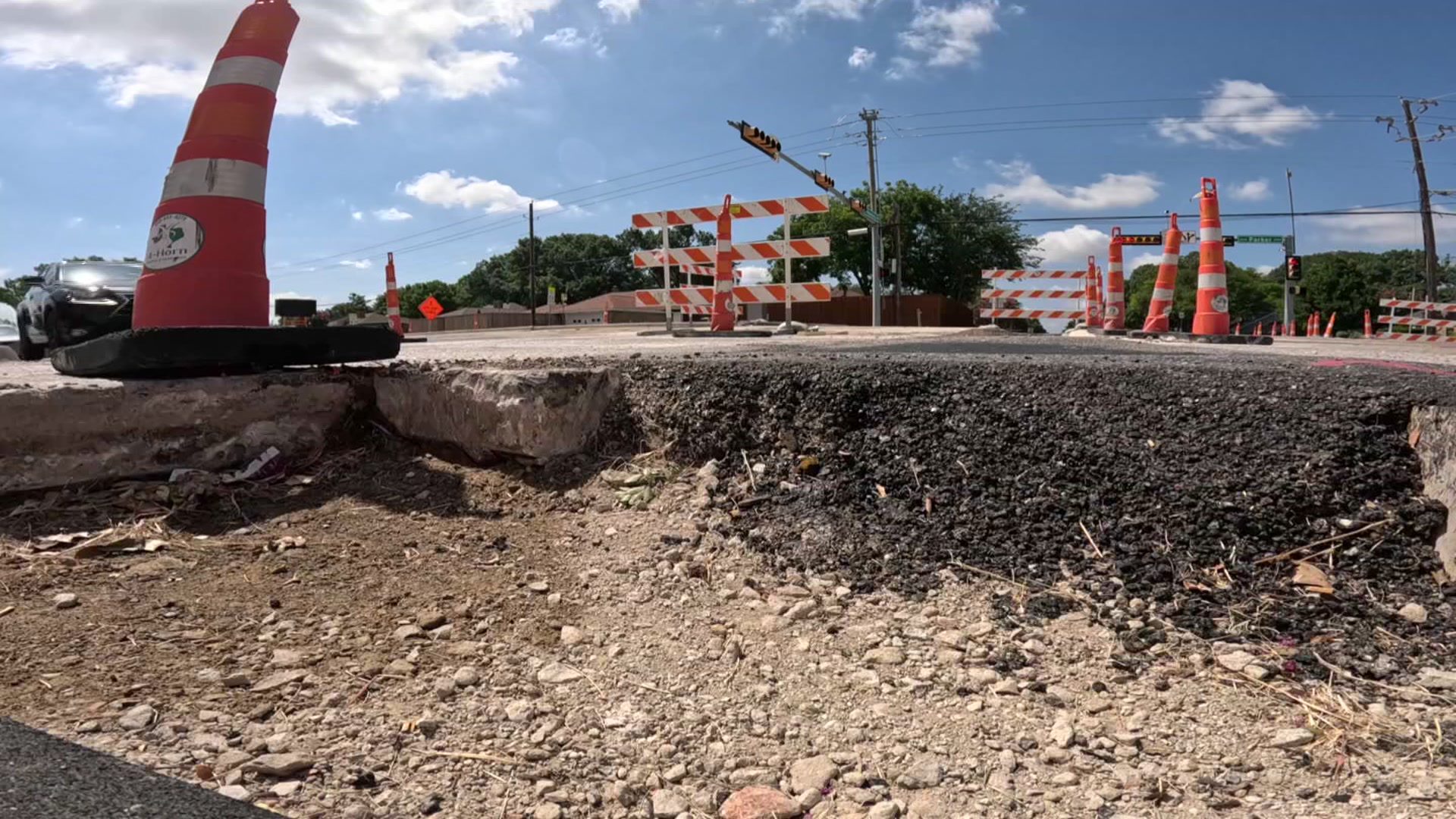It's no secret that doctors' and nurses' work can be gross, but it goes a step further in a Dallas classroom.
"We're documenting piercings, tissues, lacerations, abrasions, anything to make sure that we have all the information so that when the time to harvest the organs," said Harper Gibbs, a student at Woodrow Wilson High School.
The body the students were working on wasn't a living patient or even a deceased one but a doll used to teach organ donation.
"I didn't realize how important it was to document every single little thing," said Bryce Wickham from Keller ISD.
Get top local stories in DFW delivered to you every morning. Sign up for NBC DFW's News Headlines newsletter.
He wanted to be an anesthesiologist but saw how a different type of medical team worked to examine everything in one body and how it could keep someone alive.
"You can only give some organs to some people. Like, if you have, like, a disease, and another person has that disease, you can give that to that person," he said.
Students from across Texas spent time at the Southwest Transplant Alliance learning about organ donation, how it works, and how this often overlooked side of medicine can make a huge difference in saving lives.
Local
The latest news from around North Texas.
Doctors, nurses, and scientists from around the organization volunteered their time to help teach.
"It's fun. They ask a lot of questions. And I just love that they are a part of it," said Jocelyn Phillips of Southwest Transplant Alliance.
Some students come from schools with similar setups to this. Others have never seen anything like it.
"I just knew the basics. People could get organ transplants, but I didn't know. I didn't realize how many gears had to turn to make that happen," said Ensley Rao, a student from Beaumont who came to North Texas to take part in the class.



